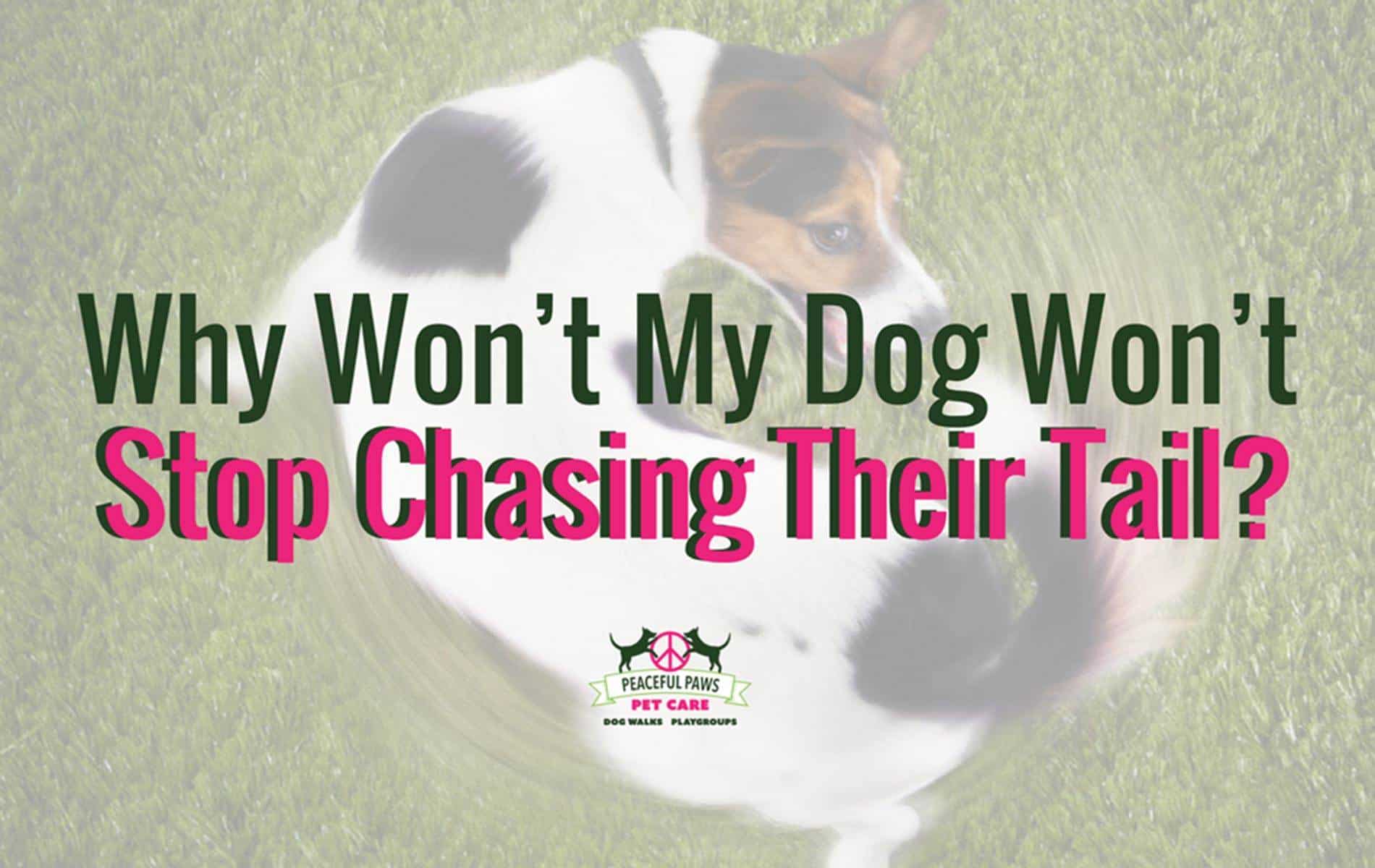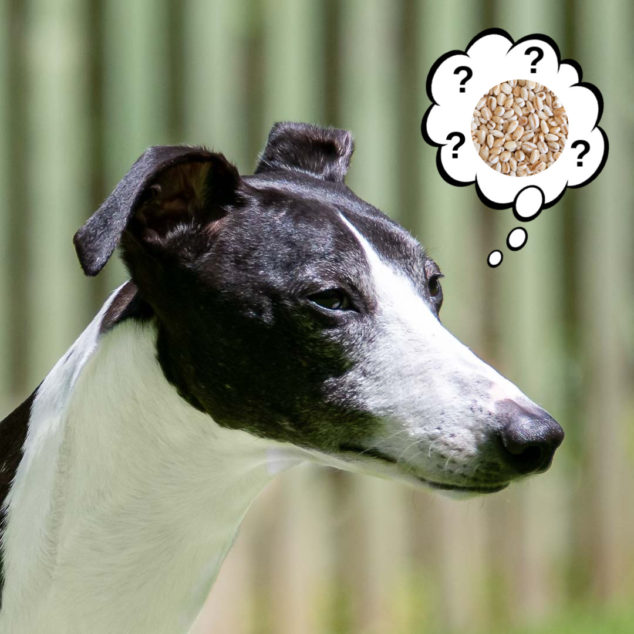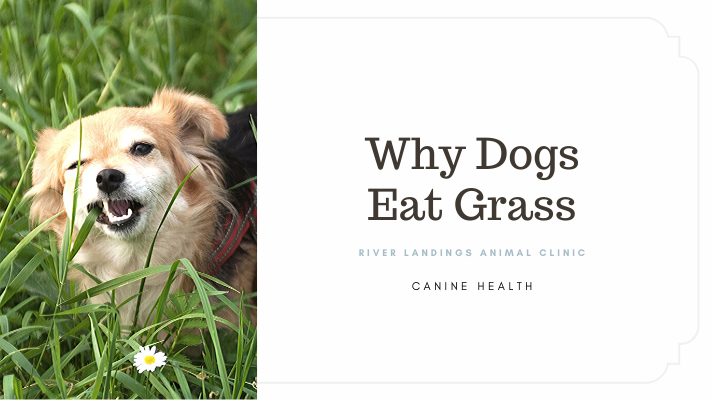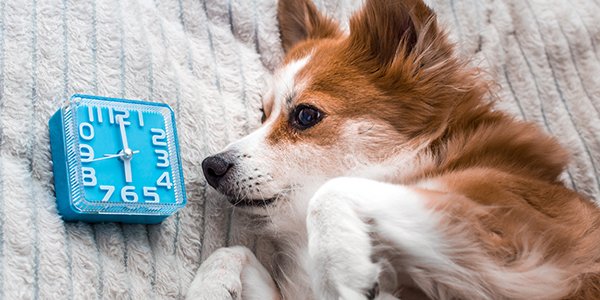Why shouldnt dogs lick wounds
Why Shouldnt Dogs Lick Wounds. It fails to compare to wound healing in rats who were not allowed to lick their wounds at all. Overzealous licking can quickly turn into chewing and biting. Before during and after surgery doctors go to great lengths to prevent wound contamination and infection including. This could cause an infection in your cut and it may not be the healthiest for your dog either.
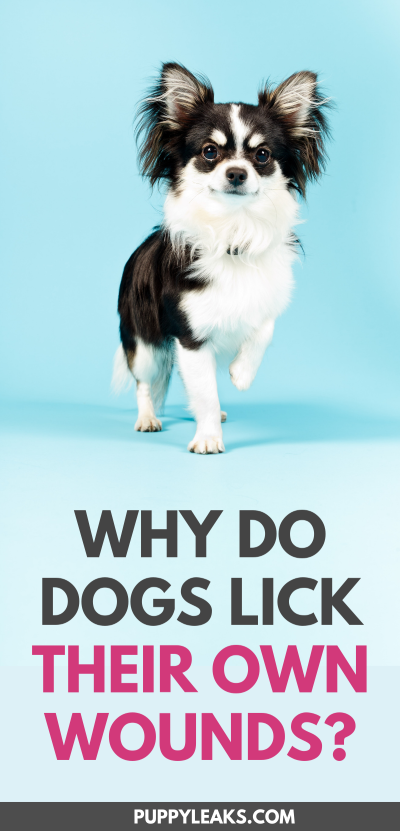 Why Do Dogs Lick Their Wounds Puppy Leaks From puppyleaks.com
Why Do Dogs Lick Their Wounds Puppy Leaks From puppyleaks.com
There are also other reasons a dog may lick your wound. Wounds doused with NGF healed twice as fast as untreated that is unlicked wounds also dogs mouths carry some antibiotic properties to certain bacteria as well as the physical licking will remove dirt and. It fails to compare to wound healing in rats who were not allowed to lick their wounds at all. For wild or feral dogs licking is probably beneficial in cleaning a wound. Dogs mouths contain a lot of natural bacteria which is part of the reason dog bites are so dangerous. So limiting access to wounds particularly surgical ones with stitches is important.
This is usually only a concern if there is a surgical wound or another very large wound or if there is a wound that hasnt healed in a normal amount of time.
If your pet licks at the incision more than even once or twiceespecially if you have to tell your pet to stopyou need to do something right away to get this cycle stopped. Licking wounds is an instinct that many mammals including dogs have. Not all bacteria in dog saliva are beneficial and sometimes harmful pathogens colonize a wound as a result of licking. Unfortunately letting your dog lick his wounds can be detrimental to his health. However this bacteria probably wont cause harm unless it gets into an open wound. There are also other reasons a dog may lick your wound.
 Source: puppyleaks.com
Source: puppyleaks.com
Thier is a protein called Nerve Growth Factor NGF in saliva. But wild animals are busy staying safe and finding food whereas a well fed pampered pet can devote a lot of time to licking a wound making it more extensive and sore in the process. The goal of stitches is to keep a wound closed long enough for it to heal properly. Before during and after surgery doctors go to great lengths to prevent wound contamination and infection including. Do not let your dog clean your injuries.
 Source: akc.org
Source: akc.org
There are no documented cases of illnesses that started with a. However this bacteria probably wont cause harm unless it gets into an open wound. It is rare for dog saliva to cause serious injury but it has in more than one case. This is especially true if your dog had surgery or stitches. Yet it may be important to not let your dog go too crazy with licking away at your wounds.
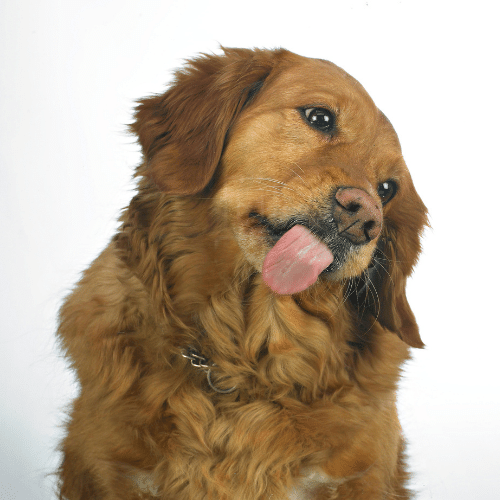 Source: spiritdogtraining.com
Source: spiritdogtraining.com
It may be the same reason they lick your feet your hands or even your face. Contrary to the old wives tale our pets mouths have a lot of germs in them and saliva does not heal woundsinstead it becomes a source of infection. Yet it may be important to not let your dog go too crazy with licking away at your wounds. Although your dog means well when it tries to lick your wounds canine saliva can cause infections in humans. As dog bites carry risk of infection so does licking.
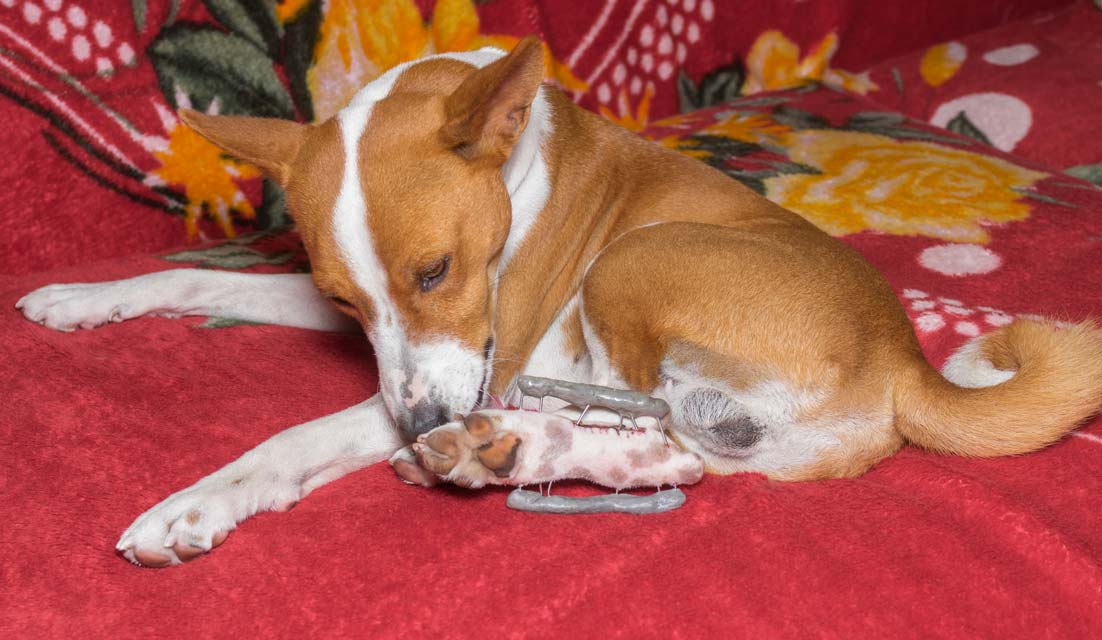 Source: doghealth.com
Source: doghealth.com
This is usually only a concern if there is a surgical wound or another very large wound or if there is a wound that hasnt healed in a normal amount of time. It may be the same reason they lick your feet your hands or even your face. This instinct reduces the risk of infection as it helps mammals keep their open wounds clean. It fails to compare to wound healing in rats who were not allowed to lick their wounds at all. Wounds doused with NGF healed twice as fast as untreated that is unlicked wounds also dogs mouths carry some antibiotic properties to certain bacteria as well as the physical licking will remove dirt and.
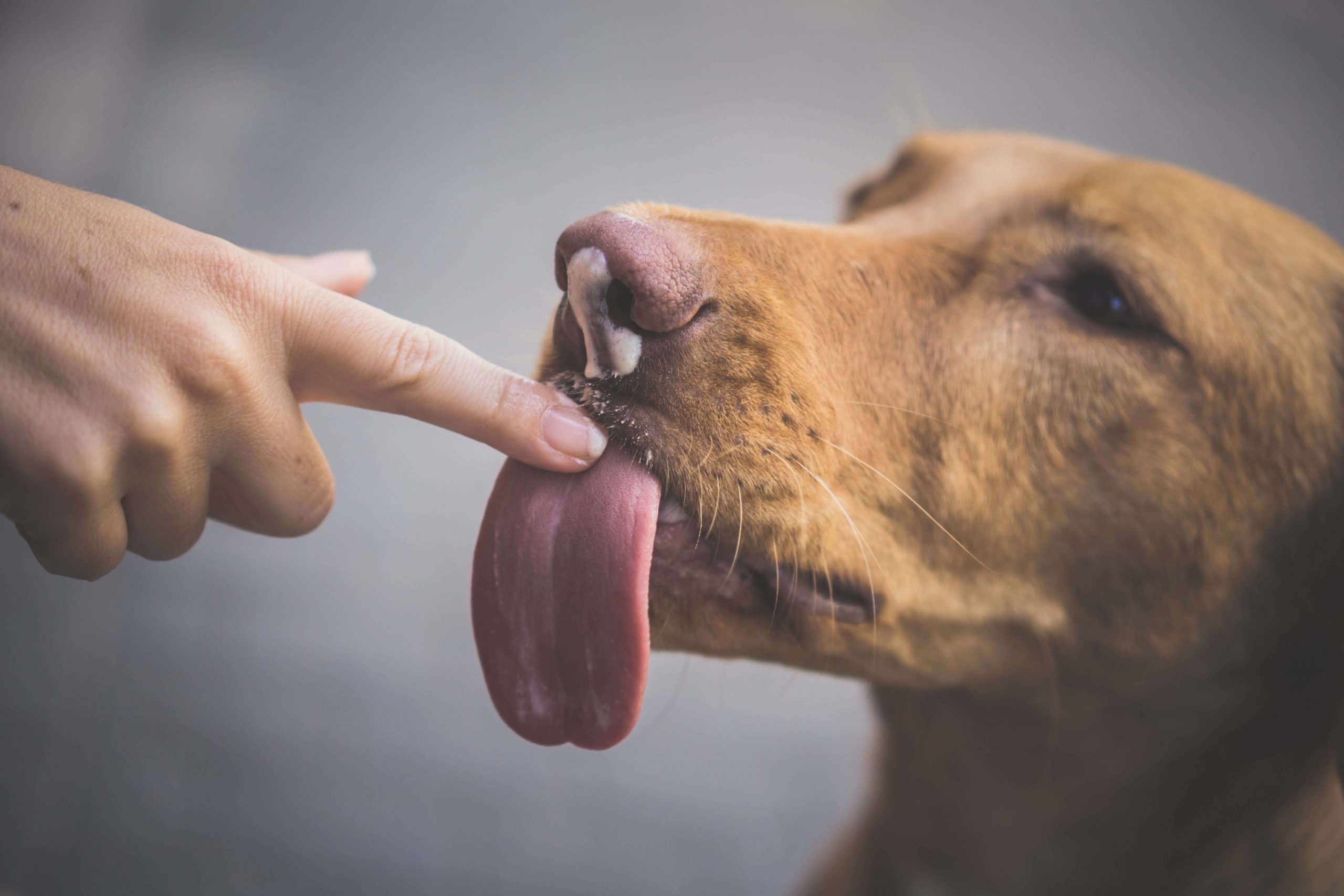 Source: thefarmersdog.com
Source: thefarmersdog.com
MRSA infection in humans which produce lesions like the unsightly one above can be caused by as little as one lick from your dog. Yet it may be important to not let your dog go too crazy with licking away at your wounds. Not all bacteria in dog saliva are beneficial and sometimes harmful pathogens colonize a wound as a result of licking. This instinct reduces the risk of infection as it helps mammals keep their open wounds clean. Thier is a protein called Nerve Growth Factor NGF in saliva.
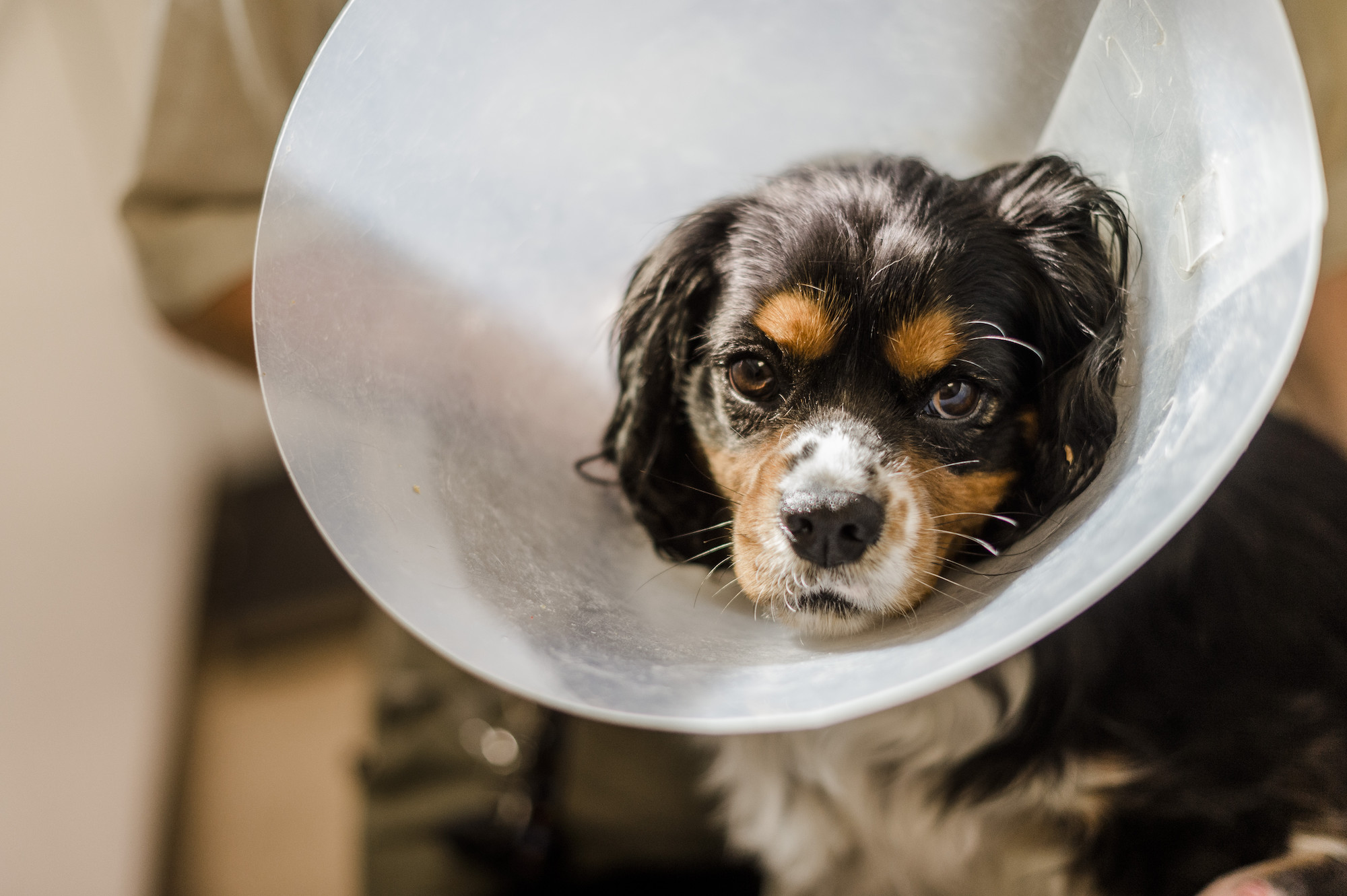 Source: bluecross.org.uk
Source: bluecross.org.uk
So limiting access to wounds particularly surgical ones with stitches is important. Unfortunately letting your dog lick his wounds can be detrimental to his health. The goal of stitches is to keep a wound closed long enough for it to heal properly. Not all bacteria in dog saliva are beneficial and sometimes harmful pathogens colonize a wound as a result of licking. Thier is a protein called Nerve Growth Factor NGF in saliva.
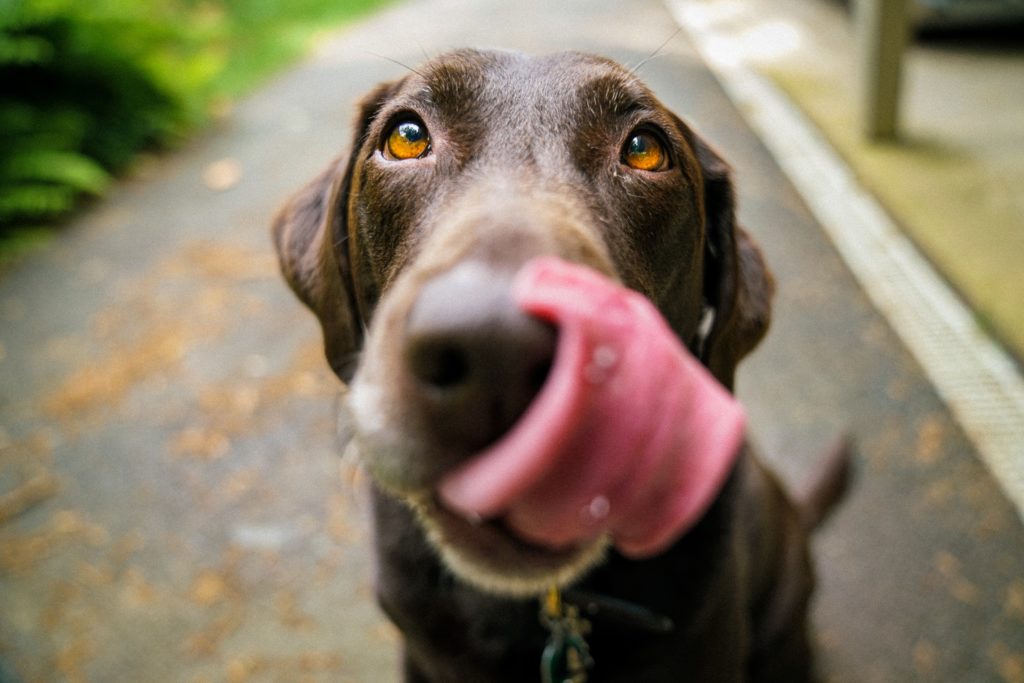 Source: canna-pet.com
Source: canna-pet.com
Although your dog means well when it tries to lick your wounds canine saliva can cause infections in humans. There are no documented cases of illnesses that started with a. For wild or feral dogs licking is probably beneficial in cleaning a wound. Sometimes they can even lick the scrapes and cuts of other animal species. Unfortunately although dog saliva does have some healing properties the risks carried by allowing dogs to lick wounds are simply too high to warrant licking as a healing tool.
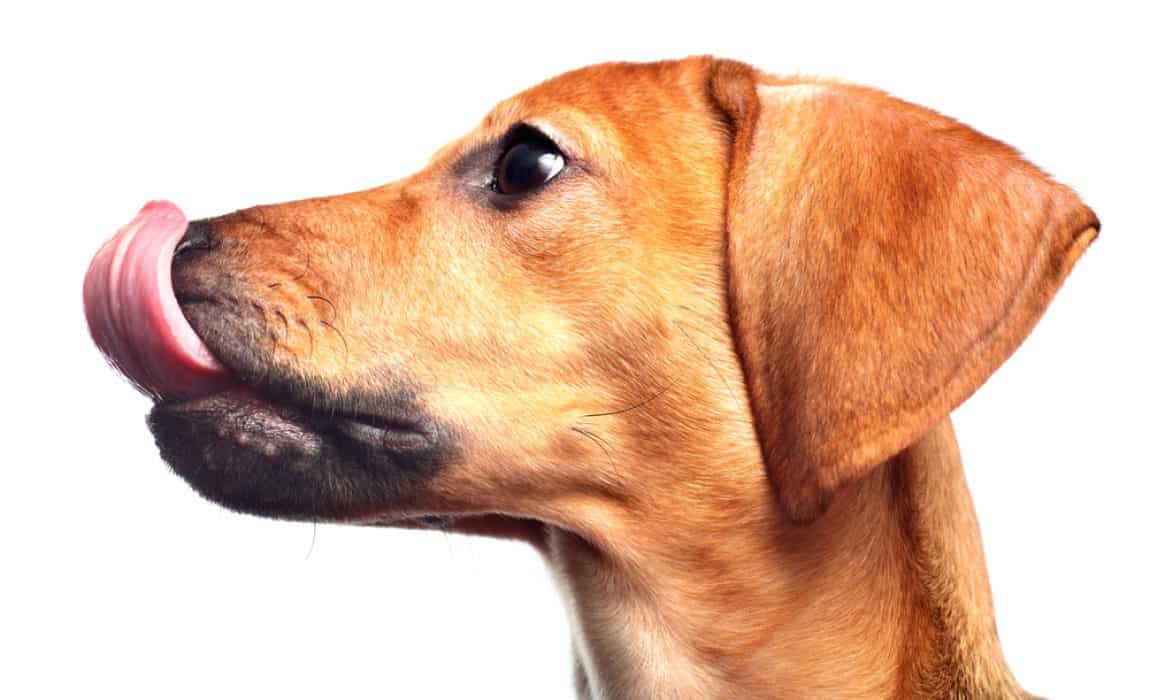 Source: k9ofmine.com
Source: k9ofmine.com
It may be the same reason they lick your feet your hands or even your face. There are also other reasons a dog may lick your wound. It fails to compare to wound healing in rats who were not allowed to lick their wounds at all. Licking wounds is an instinct that many mammals including dogs have. For wild or feral dogs licking is probably beneficial in cleaning a wound.

Dogs can carry around this bacteria with very little effect on their own health but when an owner comes into contact with it Yeah its a bad time. It is rare for dog saliva to cause serious injury but it has in more than one case. Sometimes they can even lick the scrapes and cuts of other animal species. There are no documented cases of illnesses that started with a. It is common for animals like cats primates and rodents to lick their injuries.
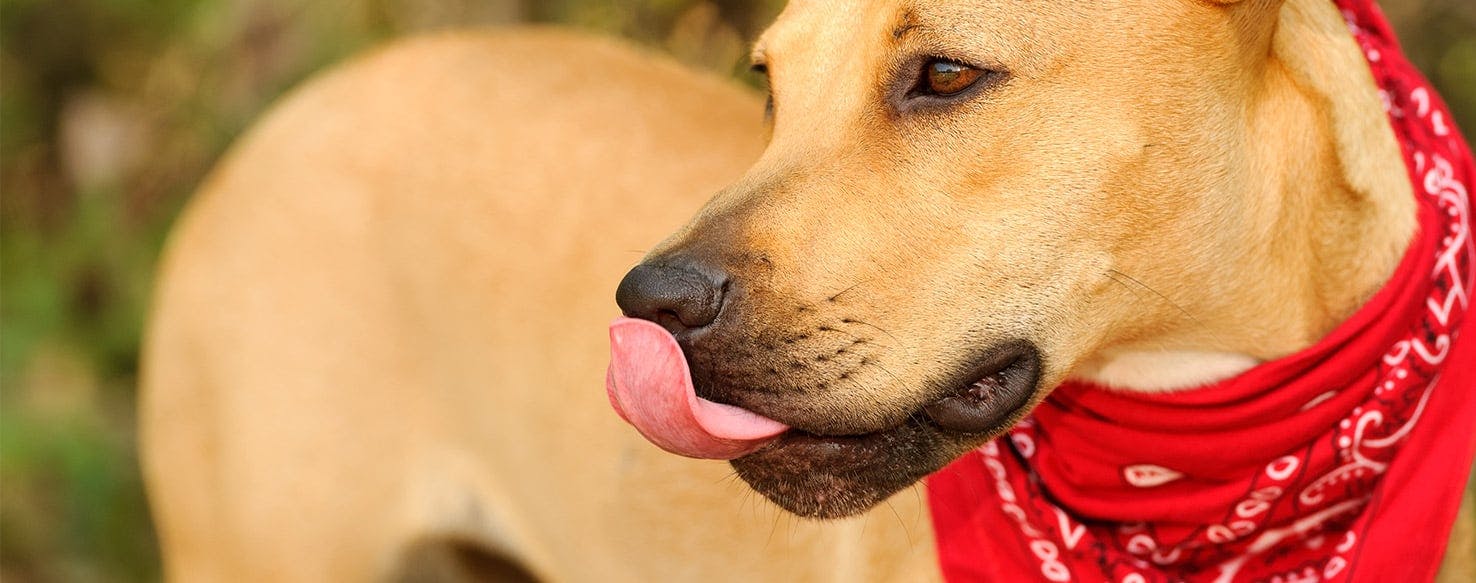 Source: wagwalking.com
Source: wagwalking.com
For wild or feral dogs licking is probably beneficial in cleaning a wound. Before during and after surgery doctors go to great lengths to prevent wound contamination and infection including. Thier is a protein called Nerve Growth Factor NGF in saliva. As dog bites carry risk of infection so does licking. For wild or feral dogs licking is probably beneficial in cleaning a wound.
 Source: houndogdaycare.com.au
Source: houndogdaycare.com.au
But wild animals are busy staying safe and finding food whereas a well fed pampered pet can devote a lot of time to licking a wound making it more extensive and sore in the process. It fails to compare to wound healing in rats who were not allowed to lick their wounds at all. But when dogs and cats are truly injured allowing them to lick their wounds can do more harm than good. Do not let your dog clean your injuries. If your pet licks at the incision more than even once or twiceespecially if you have to tell your pet to stopyou need to do something right away to get this cycle stopped.
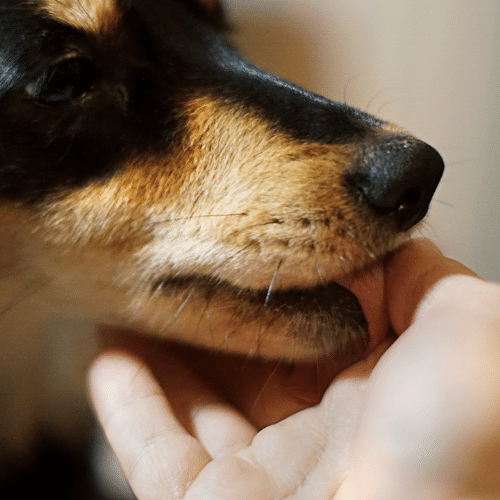 Source: spiritdogtraining.com
Source: spiritdogtraining.com
Possible Problems With Dogs Licking Wounds The study mentioned above has a big flaw though. There are no documented cases of illnesses that started with a. When it comes to dogs licking their own wounds a heavy amount of licking is likely to break down stitches and suture and re-open any closed wounds leaving them vulnerable to infection and the accumulation of dirt and debris. Licking wounds is an instinct that many mammals including dogs have. Wounds doused with NGF healed twice as fast as untreated that is unlicked wounds also dogs mouths carry some antibiotic properties to certain bacteria as well as the physical licking will remove dirt and.
If you find this site convienient, please support us by sharing this posts to your preference social media accounts like Facebook, Instagram and so on or you can also save this blog page with the title why shouldnt dogs lick wounds by using Ctrl + D for devices a laptop with a Windows operating system or Command + D for laptops with an Apple operating system. If you use a smartphone, you can also use the drawer menu of the browser you are using. Whether it’s a Windows, Mac, iOS or Android operating system, you will still be able to bookmark this website.
